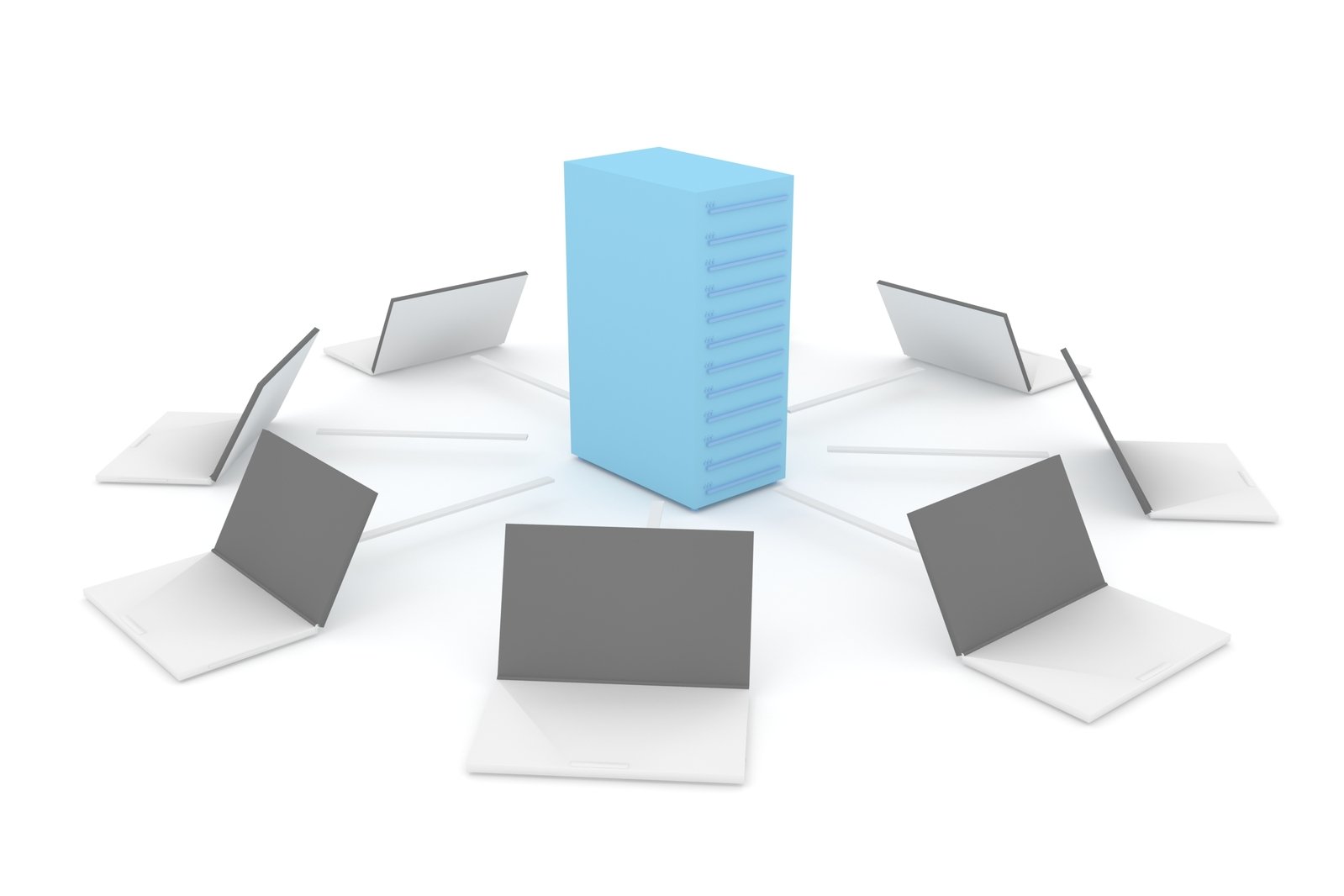

THE WORLD in 2020 is Orwellian; way more so than in 2019. Cash payments are being phased out in some contexts (enabling more surveillance), software is used to profile and score citizens, people are expected to upload every file to "the cloud" (that even happens in the background in recent versions of Android), and software updates as large as entire operating systems are being imposed on users, who are mere tenants on their own machines that they paid for. Machines are constantly being changed, remotely, by foreign software vendors that are in the surveillance business (with military contracts). This should not be considered "normal"...
"We also know that a lot of sites are designed to spy on people and 'farm' their brains (thoughts being analysed and manipulated at the same time)."What can we do about all this? Change the dynamics of software. We already know that so-called 'permissive' licences are being exploited by proprietary software companies to build and augment their monopolies faster (while reducing R&D overhead). We also know that a lot of sites are designed to spy on people and 'farm' their brains (thoughts being analysed and manipulated at the same time).
Bruce Perens spoke about such issues only a fortnight ago. He came to the realisation that what he called "Open Source" wasn't enough; it got hijacked or maybe it was all along a premeditated hijack. Software freedom is barely mentioned anymore, unlike privacy rights and other shallower terms (the ones the EFF likes to talk about). This is pretty much what the EFF's staff 'stands' for these days:

"We are hopeful, not hopeless, that enough people out there consciously or subconsciously care enough about their control over their lives."At the moment we wait and see what happens to initiatives such as Perens', as well as the FSF, which we sometimes see leaning towards a business model similar to the Linux Foundation's.
We are hopeful, not hopeless, that enough people out there consciously or subconsciously care enough about their control over their lives. Computers should not dominate people; it's the people who ought to control their computers. For democracy to survive and thrive people must be in a position to control their fate and hold accountable those above them. Like those who wish to ban encryption because they don't like people talking about them.
Earlier this year employees of the European Patent Office (EPO) were subjected to spying by the employer (António Campinos) inside their own homes. This is even worse than Benoît Battistelli sending doctors on 'surprise expeditions/visits' to ill staff. The former surveillance is digital (software), whereas the latter was physical. Employee on sick leave could just refuse to open the door, no matter how long the knocking went on for. This sort of exemplifies the negative trajectory we're made to follow in the name of 'modernisation'.
There's nothing inherently wrong about modernisation; but if it's guided by proprietary software controlled by Clown Computing giants, then it's a major regression in terms of human rights, labour rights and all sorts of other societal safeguards, long cherished by people with sufficient foresight. ⬆
"What really worries me is that the courts might choose a muddled half-measure—by approving an interpretation of “indecent” that permits the doctor program or a statement of the decency rules, but prohibits some of the books that any child can browse through in the public library. Over the years, as the Internet replaces the public library, some of our freedom of speech will be lost."